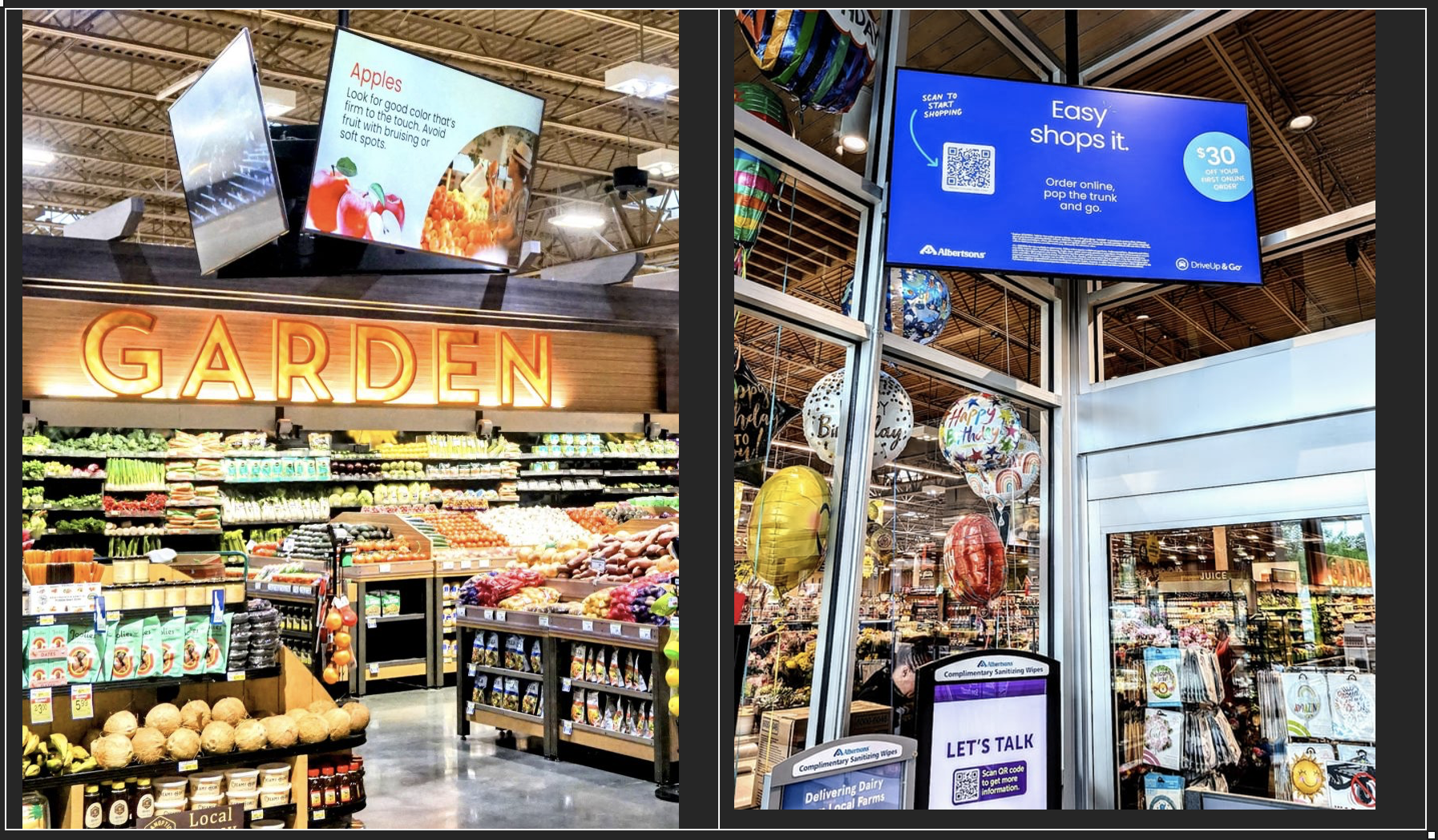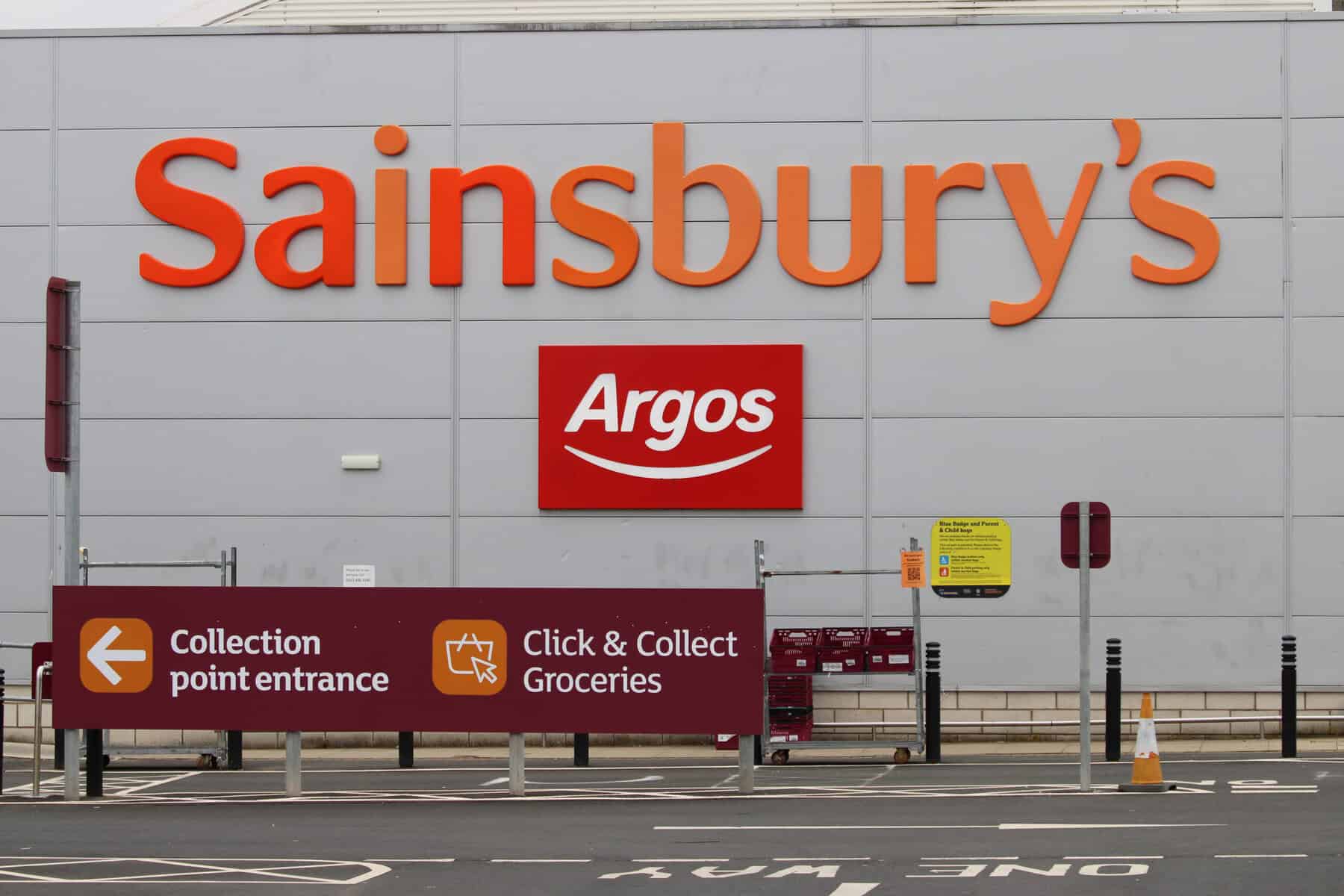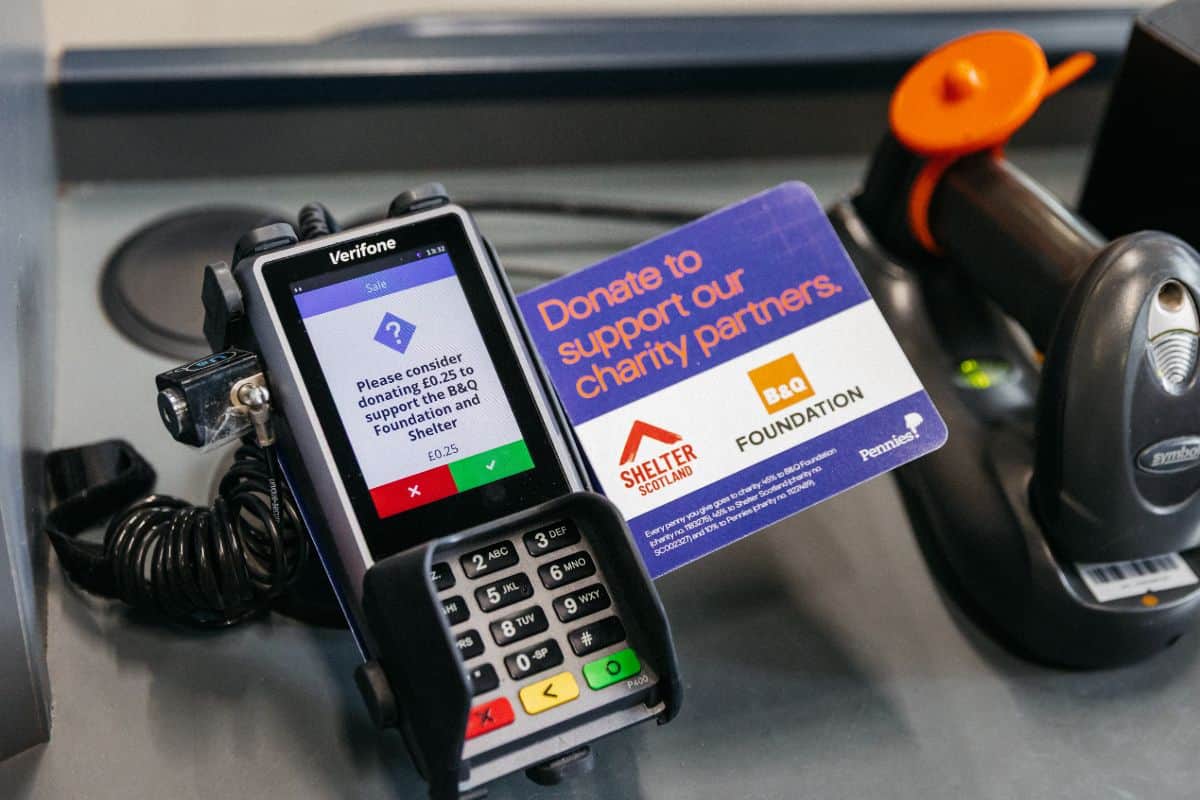It’s getting easier and cheaper for customers to return goods bought online, a new report has found.
More UK retailers are now refunding delivery charges when customers return a product bought online, Snow Valley found in its 2011 Online Returns & Refunds Report.
The ecommerce services company analysed trends by testing 229 retailers and found that 30% refunded the original delivery charge as well as the cost of the unwanted item. This marks a significant increase on previous years, when only 17% of retailers refunded the delivery fee.
For the first time, the delivery charge was also refunded by store staff in two of the returns made to a branch – staff in both TopShop and Laura Ashley realised that since the return was within seven days the original delivery fee also needed to be included.
Snow Valley says this represents a sea change in returns policy. “It’s very interesting to see that more retailers are refunding the original delivery charge,” said its marketing manager Sarah Clelland. “For years we’ve noted that only 17% of retailers did so, and now suddenly that has shot up to 30%. It’s rare to see such a dramatic change. My suspicion is that this is related to the fact that some retailers changed their policy in the last twelve months following negative publicity around this issue.”
But at the same time, the report found, retailers were less generous than in previous years when it came to covering the cost of returning the item. Only 35% sent postage paid labels or offered a paid carrier pick-up, compared to 40% in the previous year. Only 18 of the 229 retailers (8%) paid both for the customer to return the item and refunded the delivery charge.
The report also found that cross-channel return of online orders is still limited – only 52% of retailers with a store network allowed unwanted items to be returned to a shop. However, the researchers this year found that every store return was processed without hesitation by shop staff. That marked, they said, a big improvement on previous years, when confusion had led to a lengthy returns experience and even a refusal to process the return.
Patrick Wall of report sponsor MetaPack said: “At the cutting edge, leading global retailers are looking to minimise returns costs or avoid them all together. The smart retailers are using local postal networks to return goods to consolidation points where they can be bulk shipped at a lower cost back to the country of origin. Where retailers gain sufficient mass, there will be attempts to re-work returned product in the destination country with the hope to re-sell within each local market.”
To download the report free of charge visit www.snowvalley.com/research.
Our view: The cost of returns must be one of the key disincentives to making an online purchase, especially in these times of austerity. Shoppers don’t get to try on, touch or feel goods before they buy them over the web, so it makes sense that they may change their minds once they have the product in their hands. If finding out they’ve bought the wrong thing would be an expensive mistake, in terms of the costs of returns, then it’s less likely they’ll make that purchase in the first place.
Making it easier for consumers to return as well as to buy makes good business sense for an ecommerce retailer, so we welcome the news Snow Valley has found that some stores are even refunding delivery charges when returns are made to a store. That’s real joined-up thinking.








